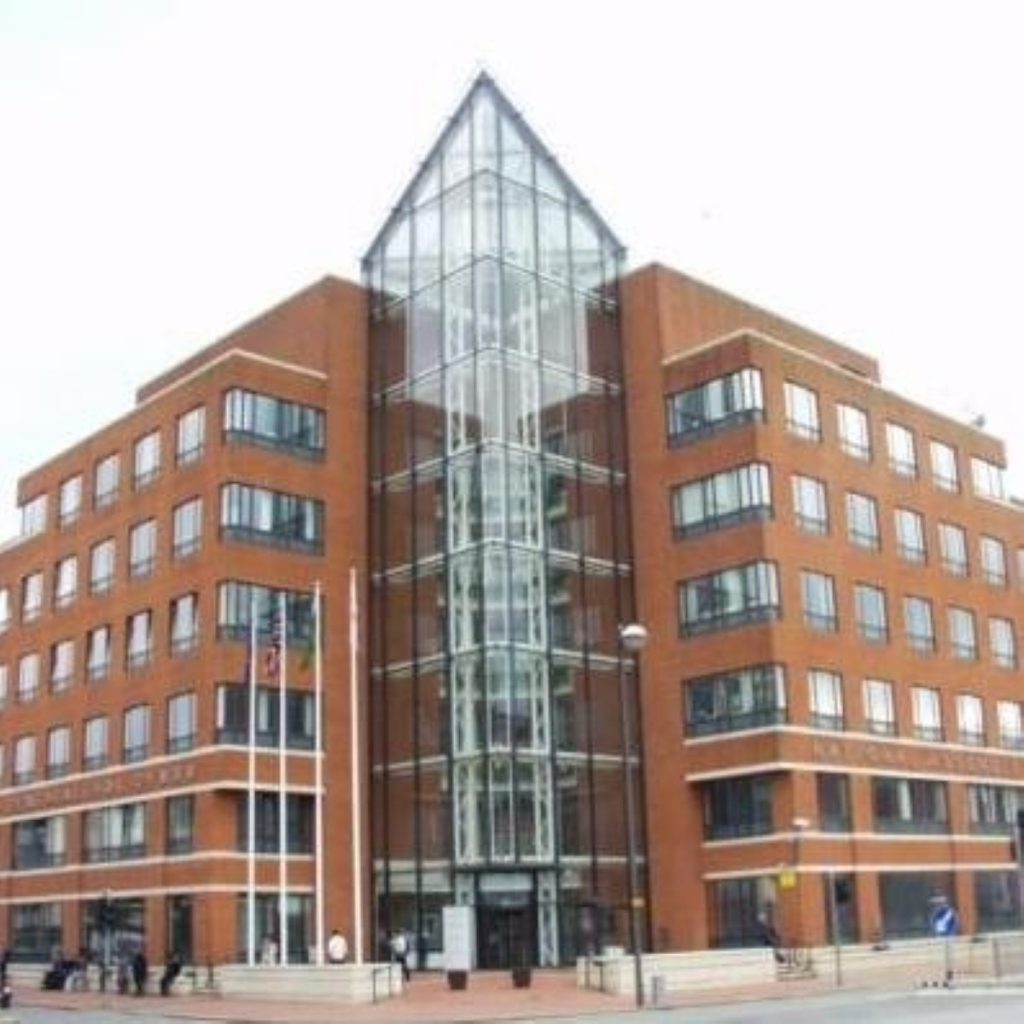Welsh Labour forced to consider assembly coalition
A disappointing result for Labour in next month’s Welsh assembly election could see the return of a Labour-Liberal Democrat coalition.
The latest opinion polls predict Labour will lose its already slim majority in the assembly, returning with as few as 25 seats and the worst election result in Wales in recent times. An ITV Wales/NOP poll found 36 per cent support for Labour in the constituency vote, down four per cent in 2003.
The Conservatives are up three per cent to 23 per cent. Plaid Cymru drop one per cent to 20 per cent, while the Liberal Democrats gain one to 15 per cent. This broadly compares with voting preferences in the regional poll, with Labour on 35 per cent, the Tories on 24 per cent and Plaid Cymru on 20 per cent.
Translated into seats, Labour are tipped to lose four seats – two in north Wales, one in mid Wales and one in south Wales central – while the Conservatives could gain two in north Wales and a third in the south west.


With Labour left with 25 of the assembly’s 60 seats, the election could see the return of the Labour-Lib Dem coalition which governed Wales from 2000 to 2003. This would see current first minister Rhodri Morgan govern with the Lib Dem leader in the assembly, Michael German.
In an attempt to attract the pensioner vote, Labour has been championing its record on free bus travel. However, its rivals have attacked the party for suggesting free bus passes are under threat.
Plaid Cymru leader Ieuan Wyn Jones has been criticised for failing to state definitively whether he supports plans to replace the Wylfa nuclear power station on Anglesey. At an election launch at the Menai Bridge last week he said he supported replacing Wylfra “in principle”, saying he has a responsibility to defend local jobs, the BBC reports.
However, Labour rival Jonathan Austin accused Mr Jones of “fudging” the issue, saying the people need to know if the assembly will support Wylfa B.
Plaid Cymru’s does not explicitly mention nuclear power but commits the party to providing “clean secure energy” using a “range of alternatives”.

